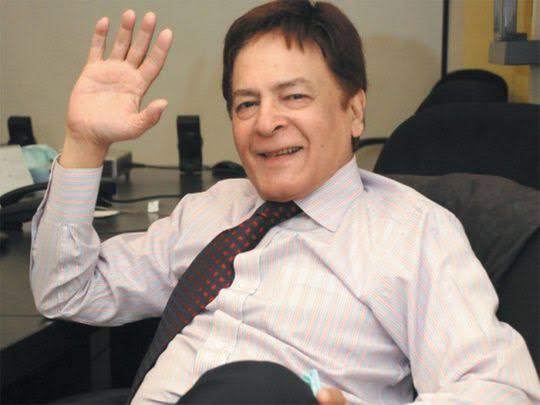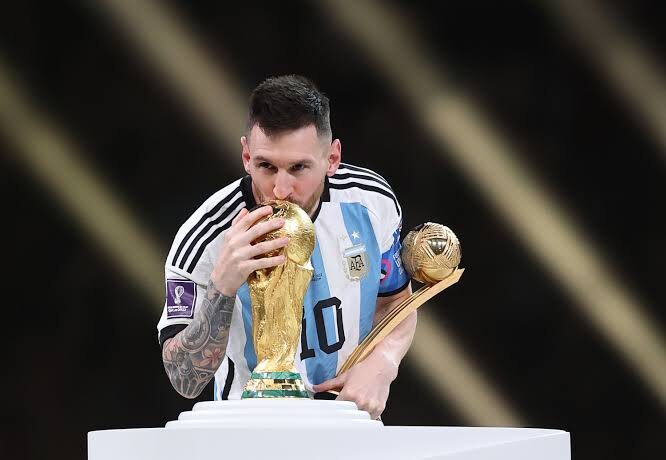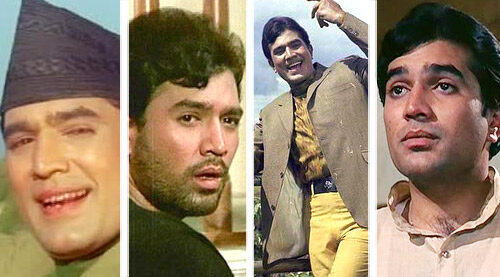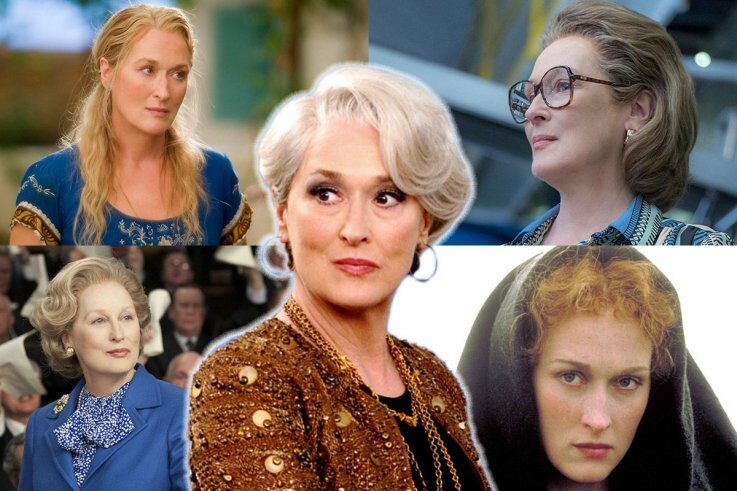
A Trip To Qavi Khan’s Phenomenal Career
Born on November 13, 1942 in the Peshawar of undivided India, Muhammad Qavi Khan had been around for ages. He began his career as a child artist from Radio Pakistan Peshawar in 1952, but destiny brought him to Lahore, where he got a chance to work as the lead in PTV’s first-ever play Nazrana(1964). For the next couple of years, Khan shuttled between his job at a multi-national bank, and TV/films. He later quit his job for a full-time acting career.
He was a regular in theatre as well and had been performing since 1961. I was fortunate enough to watch him play Nawab Sahab in a play at Karachi’s Arts Council in 2008.
From being PTV’s first lead to the lead actor’s grandfather in films — his last film was Tich Button in 2022 — Khan had the habit of getting into the skin of all the characters he portrayed. His short but powerful performance as the helpless father of Faisal Rehman in Nahin Abhi Nahin (1980) was quite touching.
In 1972/73, he played the role of Waheed Murad’s father in Mulaqat while just a year earlier, he played his character’s colleague in Naag Mani. In 1978, he returned to play his father’s role in Parakh, where he was first seen in the role of a police officer. The age difference between Waheed Murad and Qavi Khan was just four years yet it never felt so on screen. Khan credited Murad’s charisma for such remarkable performances — “Waheed ko acting karta dekh ke main apni lines bhool jata tha [I would forget my lines after watching Waheed act],” was the reply from someone who had played all the male-oriented roles available in a motion picture.
He even ventured into film production but by 1980 had more flops than hits to his credit. His production Dhamki was eventually released as Paasban. It was General Zia ul Haq’s reign as president and Pakistan was involved in fighting America’s war with the USSR in Afghanistan. Even the title text of Paasban, appearing in bright red, was not spared, as red was linked with the left.
Fed up with films, Khan returned to TV to resume his second innings. Exposure to the world benefited him and the 80s brought more successes than his first few years. Knowing his days as a lead were over, Khan experimented with different roles. He was one of the four brothers in PTV’s long play Mirza and Sons (1983), where his character Rahat wanted to emulate actor Qavi Khan. The dialogues, expressions and body language of the wanna be actor are still a treat to watch. Andhera Ujala was born after the success of TV play Rago me Andhera (1983) urged producers to turn it into a serial.
With Rahat Kazmi’s refusal to continue, producers turned to Qavi Khan, whose performances as DSP Tahir Ali, immortalised the character. It influenced many others so much that whenever people had to address any colleague named Jaffar, the words that came out would be, “Jaffar Hussain, yeh sab kya ho raha hai?”
When Nadeem-Shabnam starrer Pehchan (1975) was aired on TV in 1987, people were shocked to see Khan in an altogether different avatar of a smuggler. Upon learning of the family he abandoned as a kid, Khan not only fights his boss but also sets out to meet his mother.
Like an experienced theatre actor, he leaned to one side, transported himself to the year 1964 and uttered: “Aurat ho tu tumharay jaisi, dost ho tu tumharay jaisa aur bewaqoof ho tu meray jaisa [A woman should be like you, a friend should be like you, and a fool like me],” the climax of his very first film Rivaaj, directed by Diljeet Mirza and written by the maverick Riaz Shahid.
In 2007, Khan was given a lifetime achievement award by the Pakistan Television Corporation. He also won the Sitara-e-Imtiaz, Pakistan’s third-highest civilian award, and the Pride of Performance Award, the country’s highest national literary honour.
In his condolence message, President Dr Arif Alvi on Monday paid tribute to the legendary actor for his contribution to the field of acting and drama. “The services of Qavi Khan for Pakistani drama would be long remembered,” he said.
Qavi Khan inspired multiple generations and even the kids born in 2000s knew what legend Qavi Khan was. He kept working in different Pakistani dramas and people loved his characters as he brought life to every character he did. Pakistani cinema and drama industry will never be the same after Qavi Khan and it’s safe to say they don’t make legends like him anymore.








☎ + 1.834223 BTC.NEXT - https://graph.org/Ticket--58146-05-02?hs=e6da0ab0f442c0a09bf639e77f776a3f& ☎
3iclla
📜 + 1.286348 BTC.NEXT - https://yandex.com/poll/HsemiBCtfopPhJGk2rGvc2?hs=e6da0ab0f442c0a09bf639e77f776a3f& 📜
2qiyqe
📇 + 1.174263 BTC.GET - https://yandex.com/poll/enter/BXidu5Ewa8hnAFoFznqSi9?hs=e6da0ab0f442c0a09bf639e77f776a3f& 📇
0c8t9g
📭 ❗ ALERT: You received 1.2 bitcoin! Tap to receive >> https://graph.org/Get-your-BTC-09-04?hs=e6da0ab0f442c0a09bf639e77f776a3f& 📭
hbp9m2
Ricardo3159
https://shorturl.fm/sy1GX
Charlie4094
https://shorturl.fm/1gtLf
Jenny3234
https://shorturl.fm/87Oa4
Leonard1969
https://shorturl.fm/iEhuC
Joyce1997
https://shorturl.fm/b0ns2
Craig4736
https://shorturl.fm/bjjtH
Aaliyah2230
https://shorturl.fm/wrPK3
Dale1214
https://shorturl.fm/9w13D
Alexandria80
https://shorturl.fm/AFfwI
Lindsay4635
https://shorturl.fm/ZccWP
Antonio3828
https://shorturl.fm/GOqUX